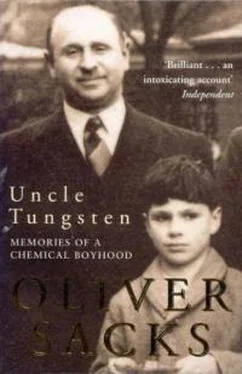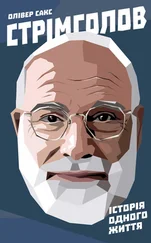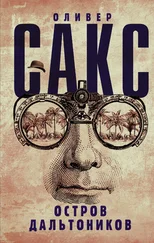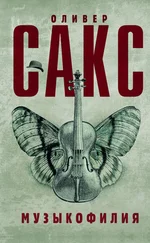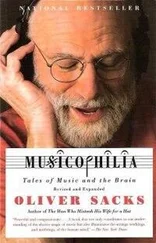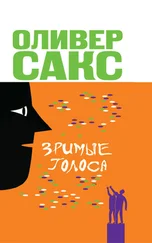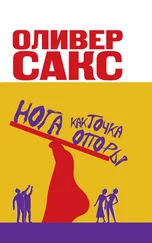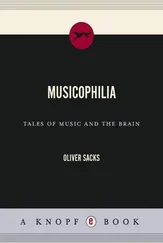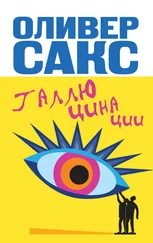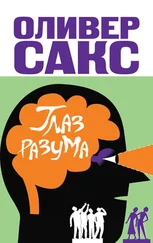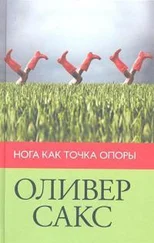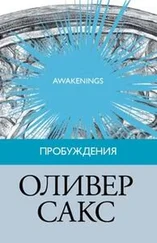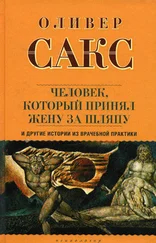A great treat at this time was to hear Myra Hess, the famous pianist who almost single-handed, it seemed, reminded Londoners in the midst of war of the timeless, transcendent beauties of music. We would often gather around the wireless in the lounge to hear the broadcasts of her lunchtime recitals.
When Marcus and David came back, after the war, to continue as medical students in London, the flute and the clarinet had long been abandoned, but David, it was evident, had exceptional musical gifts, was the one who really took after our father. David discovered blues and jazz, fell in love with Gershwin, and brought a new sort of music to our previously ‘classical’ house. David was already a very good improviser and pianist, with a special flair for playing Liszt, but now suddenly the house was full of new names, names unlike any I had ever heard before: ‘Duke’ Ellington, ‘Count’ Basie, ‘Jelly Roll’ Morton, ‘Fats’ Waller – and from the horn of the new wind-up Decca gramophone he kept in his room I first heard the voices of Ella Fitzgerald and Billie Holiday. Sometimes when David sat down at the piano, I was not sure whether he was playing one of the jazz pianists or improvising something of his own – I think he wondered, half seriously, whether he might become a composer himself.
Both David and Marcus, I came to realize, though they seemed happy enough, and looked forward to being doctors, had a certain sadness, a sense of loss and renunciation, about other interests they had given up. For David this was music, while Marcus’s passion, from an early age, had been for languages. He had an extraordinary aptitude for learning them, and was fascinated by their structure; at sixteen he was already fluent not only in Latin, Greek, and Hebrew, but in Arabic, which he had taught himself. He might have gone on, like his cousin Aubrey, to do oriental languages at university, but then the war came. Both he and David would have reached call-up age in 1941-42, and both became medical students, in part, to defer their call-up. But with this, I think, they deferred their other aspirations, a deferment that seemed permanent and irreversible by the time they returned to London.
Mr. Ticciati, our piano teacher, died in the war, and when I came back to London in 1943 my parents found another teacher for me, Mrs. Silver, a red-haired woman with a ten-year-old son, Kenneth, who was born deaf. After I had studied with her for a couple of years, she became pregnant once again. I had seen my mother’s pregnant patients almost daily, as they came to her consulting room in the house, but this was the first time I saw someone so close to me go through an entire pregnancy. There were some problems toward the end – I heard talk of ‘toxemia’ and I believe my mother had to do a ‘version’ of the baby, so that it would come out head first. Finally Mrs. Silver went into labor and was admitted to hospital (my mother usually delivered babies at home, but here it seemed there might be complications and a caesarian section might be necessary). It did not occur to me that anything serious might happen, but when I got home from school that day, Michael told me that Mrs. Silver had died in childbirth, ‘on the table.’
I was shocked, and outraged. How could a healthy woman die like this? How could my mother have let such a catastrophe occur? I never learned any details of what had happened, but the very fact that my mother had been present throughout evoked the fantasy that she had killed Mrs. Silver – even though everything I knew convinced me of my mother’s expertise and concern, and that she must have encountered something beyond her power, beyond human power, to control.
I feared for Kenneth, Mrs. Silver’s deaf son, whose main communication had been in a homemade sign language he shared only with his mother. And I lost the impulse to play the piano – I did not touch one at all for a year – and never allowed another piano teacher thereafter.
* * *
I never thought I really knew or understood my brother Michael, even though he was the closest to me in age, and the one who came to Braefield with me. There is, of course, a great difference between six and eleven (our respective ages when we went to Braefield), but there seemed, in addition, something special about him which I (and perhaps others) were conscious of, though we would have found it difficult to characterize, much less to understand. He was dreamy, abstracted, deeply introspective; he seemed (more than any of us) to live in a world of his own, though he read deeply and constantly, and had the most amazing memory for his reading. He developed, when we were at Braefield, a particular preference for Nicholas Nickleby and David Copperfield , and knew the entire, immense books by heart, though he never explicitly compared Braefield to Dotheboys, or Mr. B. to the monstrous Dr. Creakle. But the comparisons were surely there, implicit, perhaps even unconscious, in his mind.
In 1941 Michael, now thirteen, left Braefield and went on to Clifton College, where he was unmercifully bullied. He made no complaints here, any more than he had ever complained about Braefield, but signs of trauma were visible to seeing eyes. Once, in the summer of 1943, soon after I had returned to London, Auntie Len, who was staying with us, spied Michael as he came, half naked, from the bath. ‘Look at his back!’ she said to my parents, ‘it’s full of bruises and wheals! If this is happening to his body’, she continued, ‘what is happening to his mind?’ My parents seemed surprised, said they had noticed nothing amiss, that they thought Michael was enjoying school, had no problems, was ‘fine.’
Soon after this, Michael became psychotic. He felt a magical and malignant world was closing about him (I remember his telling me that the lettering had been ‘transformed’ on the number 60 bus to Aldwych, so that the word Aldwych now appeared to be written in ‘old-witchy’ letters like runes). He came to believe, very particularly, that he was ‘the darling of a flagellomaniac God’, as he put it, subject to the special attentions of ‘a sadistic Providence.’ There was, again, no explicit reference to our flagellomaniac headmaster in Braefield, but I could not help feeling that Mr. B. was there, amplified, cosmified now to a monstrous Providence or God. Messianic fantasies or delusions appeared at the same time – if he was being tortured or chastised, this was because he was (or might be) the Messiah, the one for whom we had waited so long. Torn between bliss and torment, fantasy and reality, feeling he was going mad (or perhaps so already), Michael could no longer sleep or rest, but agitatedly strode to and fro in the house, stamping his feet, glaring, hallucinating, shouting.
I became terrified of him, for him, of the nightmare which was becoming reality for him, the more so as I could recognize similar thoughts and feelings in myself, even though they were hidden, locked up in my own depths. What would happen to Michael, and would something similar happen to me, too? It was at this time that I set up my own lab in the house, and closed the doors, closed my ears, against Michael’s madness. It was at this time that I sought for (and sometimes achieved) an intense concentration, a complete absorption in the worlds of mineralogy and chemistry and physics, in science – focusing on them, holding myself together in the chaos. It was not that I was indifferent to Michael; I felt a passionate sympathy for him, I half-knew what he was going through, but I had to keep a distance also, create my own world from the neutrality and beauty of nature, so that I would not be swept into the chaos, the madness, the seduction, of his.
In 1945 the Science Museum in South Kensington reopened (it had been closed for much of the war), and I first saw the giant periodic table displayed there. The table itself, covering a whole wall at the head of the stairs, was a cabinet made of dark wood with ninety-odd cubicles, each inscribed with the name, the atomic weight, and the chemical symbol of its element. And in each cubicle was a sample of the element itself (all of those elements, at least, which had been obtained in pure form, and which could be exhibited safely). It was labeled ‘The Periodic Classification of the Elements – after Mendeleeff.’
Читать дальше
